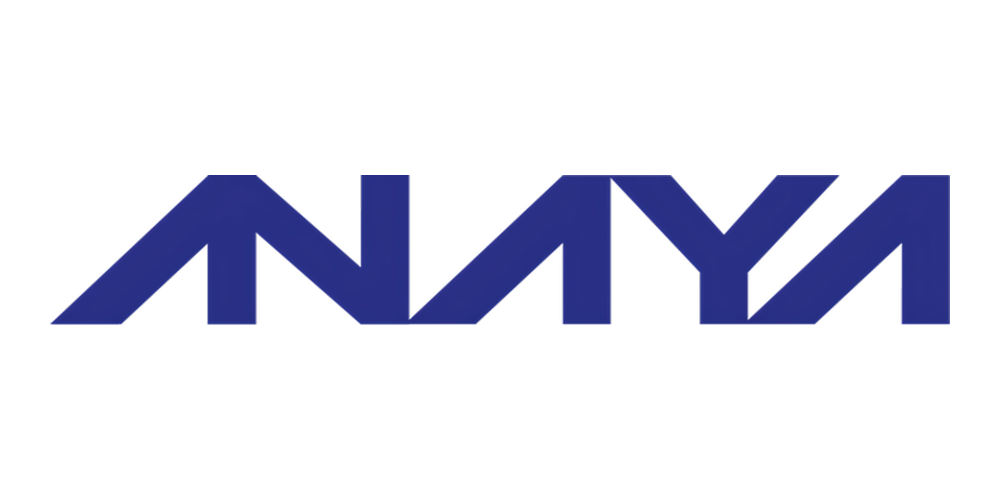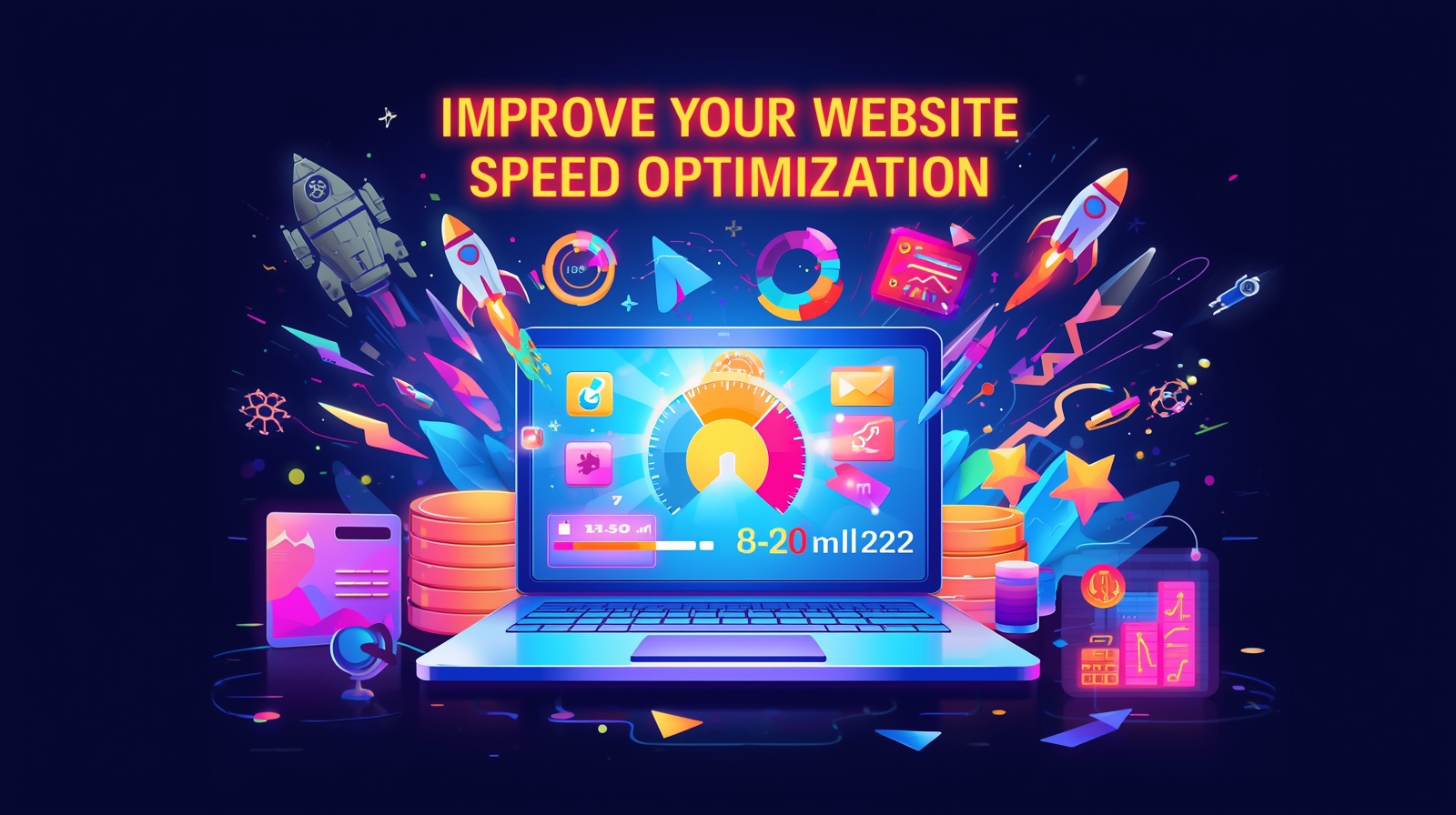A fast-loading website is no longer a luxury—it’s a necessity. Today, users expect pages to load instantly, and search engines reward websites that offer a smooth and speedy experience. If your site is slow, you lose visitors, rankings, and revenue. That’s why mastering Website Speed Optimization is essential for every business.
In this guide, you’ll learn how improving your website speed can boost SEO rankings, increase conversions, and create a better user experience.
Why Website Speed Matters
Speed plays a major role in your website’s performance. Whether you’re running a small business website or a large online store, Website Speed Optimization can determine the success of your online presence.
Here’s why website speed is so important:
- Faster loading improves user satisfaction
- Google ranks fast websites higher
- Visitors stay longer on fast websites
- Slow websites lose potential customers
- Better speed improves sales and engagement
Google’s Core Web Vitals have made website speed more important than ever for SEO success.
How Website Speed Optimization Improves SEO Rankings
Search engines want to give users the best possible experience. If your site takes too long to load, Google will push it down in search results. That means fewer visitors and less growth.
Here’s how Website Speed Optimization boosts your SEO:
Faster Pages Get Higher Rankings
Google uses loading speed as a ranking factor. Websites that load within 2 seconds or less generally perform much better in search results. When you focus on Website Speed Optimization, you instantly improve your chances of ranking on Page 1.
Lower Bounce Rates Help SEO
A slow website frustrates users. Most visitors leave a website if it takes more than 3 seconds to load. High bounce rates tell search engines that users are unhappy with your site.
By improving Website Speed Optimization, you reduce bounce rates and signal Google that your website provides value.
Better User Experience Improves SEO Signals
Google tracks how users behave on your site. If users spend more time exploring your pages, Google sees that as a positive signal. A fast website encourages users to stay longer and explore more.
This is another reason why Website Speed Optimization is essential for long-term ranking success.
How Website Speed Optimization Increases Conversions
Speed doesn’t just help with SEO—it also directly affects your sales.
A delay of even one second can significantly impact your conversion rates. Whether your goal is generating leads, selling products, or getting sign-ups, faster websites perform better.
Users Trust Fast Websites
When a website loads fast, users automatically feel that the business is reliable and professional. Trust plays a big role in conversions, and the Website Speed builds that trust.
Faster Websites Generate More Sales
Studies show:
- A 1-second delay reduces conversions by 7%
- A 3-second delay causes more than half of users to leave
- Fast websites report up to 2x higher sales
This means proper Optimization of Website Speed can directly increase your revenue.
Mobile Users Expect Speed
More than 70% of internet users browse on mobile devices. If your website isn’t fast on mobile, you’ll lose most of your traffic.
Mobile-friendly Optimization of Website Speed ensures your site loads quickly on all devices, increasing conversions across every platform.
Steps to Improve Your Website Speed Optimization
Now that you understand its importance, let’s look at how you can master Website Speed .
1. Compress and Optimize Images
Large images slow down your website. Use optimized formats and compress files without losing quality. This single step can dramatically improve your Website Speed .
2. Use a Fast and Reliable Hosting Provider
Good hosting provides better loading speed, uptime, and performance. Choosing premium hosting solutions boosts Website Speed instantly.
3. Enable Browser Caching
Caching allows the website to store files on the user’s browser so pages load faster on the next visit. This is a critical part of Website Speed for returning users.
4. Minify Code (HTML, CSS, JavaScript)
Extra lines, spaces, and code slow down a website. Minifying your files removes unnecessary elements and enhances Website Speed.
5. Use a Content Delivery Network (CDN)
CDNs deliver your website content from servers around the world. This ensures faster loading worldwide and supports strong Website Speed performance.
6. Optimize Plugins and Scripts
Too many plugins slow down your site, especially on WordPress. Keep only essential plugins to maintain perfect Website Speed .
7. Implement Lazy Loading
Lazy loading ensures images and videos load only when users scroll to them. This dramatically improves first-page load time and supports overall Website Speed .
Conclusion
In today’s fast-paced digital world, speed can make or break your business. If your website loads quickly, you will enjoy higher rankings, better user engagement, and increased conversions. But if your website is slow, you risk losing customers and damaging your SEO performance.
That’s why Website Speed Optimization is one of the most important strategies for any business looking to grow online. By improving your speed, you create a strong foundation for long-term success.
FAQs
FAQ 1: Why is Website Speed Optimization important for SEO?
Website Speed Optimization is important for SEO because Google ranks fast-loading websites higher. Slow websites increase bounce rates, which negatively affects your search engine rankings.
FAQ 2: How fast should my website load?
Ideally, your website should load within 2 seconds. With proper Website Speed Optimization, you can achieve faster loading speed and improve both SEO and user experience.
FAQ 3: What slows down a website the most?
Large images, too many plugins, poor hosting, unoptimized code, and heavy scripts are the most common reasons for slow websites. Website Speed Optimization helps fix these issues.
FAQ 4: Does website speed affect conversions?
Yes! Slow websites lose visitors quickly. Faster websites lead to more sign-ups, purchases, and inquiries. Effective Website Speed improves conversions significantly.
FAQ 5: How can I check my website speed?
You can check your speed using free tools like Google PageSpeed Insights, GTmetrix and Pingdom. These tools also give suggestions for better Website Speed Optimization.




